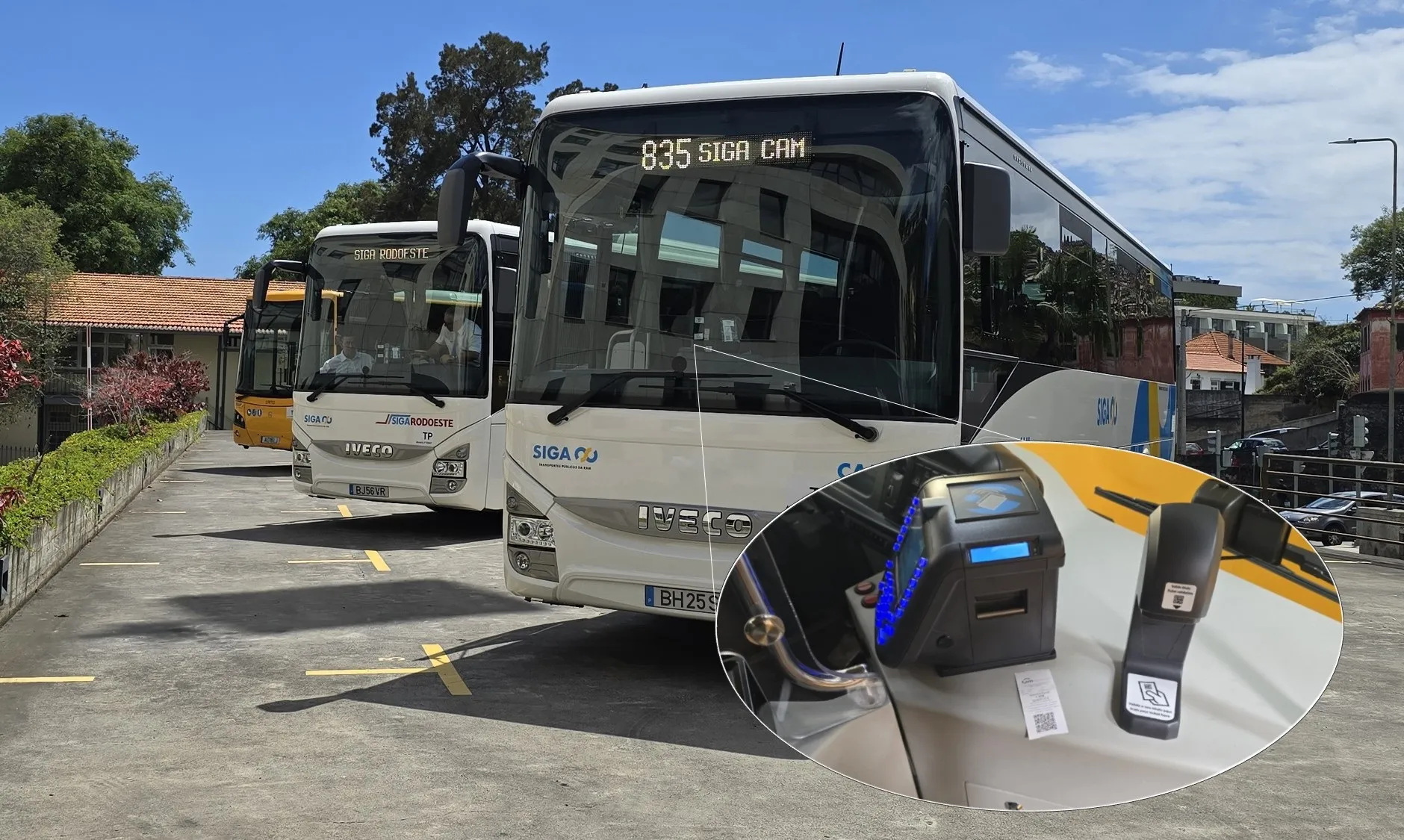Safran Identity and Security, through its subsidiary Morpho Australasia, has completed the installation of eGates into Christchurch Airport, New Zealand, as part of a national upgrade and innovation programme for 51 new generation border processing eGates for the New Zealand Customs Service (NZ Customs). The rollout has also seen the new eGates installed in Auckland, Wellington and Queenstown.
Since 2009, Auckland, Wellington and Christchurch airports have been using SmartGate to give eligible traveller
December 13, 2016
Read time: 2 mins
Safran Identity and Security, through its subsidiary 4561 Morpho Australasia, has completed the installation of eGates into Christchurch Airport, New Zealand, as part of a national upgrade and innovation programme for 51 new generation border processing eGates for the New Zealand Customs Service (NZ Customs). The rollout has also seen the new eGates installed in Auckland, Wellington and Queenstown.
Since 2009, Auckland, Wellington and Christchurch airports have been using SmartGate to give eligible travellers the option of self-processing through passport control. The system uses facial recognition technology to compare facial images of the traveller against the data contained in the e-Passport’s chip. Over 18 million passengers have successfully used the system.
The new generation eGates aim to speed up the traveller experience with a one-step process, eliminating the kiosk and ticket which was part of the process with the previous gates. They also have a smaller footprint to meet the space constraints of airports, whilst also having Safran Identity and Security’s latest workflow and biometric matching software.
Since 2009, Auckland, Wellington and Christchurch airports have been using SmartGate to give eligible travellers the option of self-processing through passport control. The system uses facial recognition technology to compare facial images of the traveller against the data contained in the e-Passport’s chip. Over 18 million passengers have successfully used the system.
The new generation eGates aim to speed up the traveller experience with a one-step process, eliminating the kiosk and ticket which was part of the process with the previous gates. They also have a smaller footprint to meet the space constraints of airports, whilst also having Safran Identity and Security’s latest workflow and biometric matching software.








